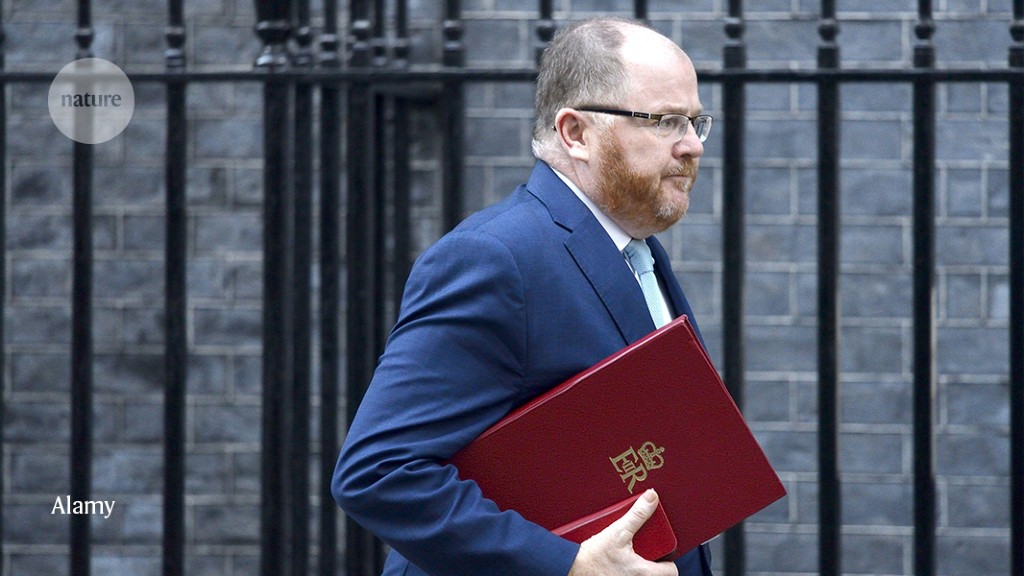Swiss Science Group Wants 'Pragmatic' Solution for EU Cooperation
Switzerland has lost an important tool for shaping the European science agenda, complains a high-level research group.
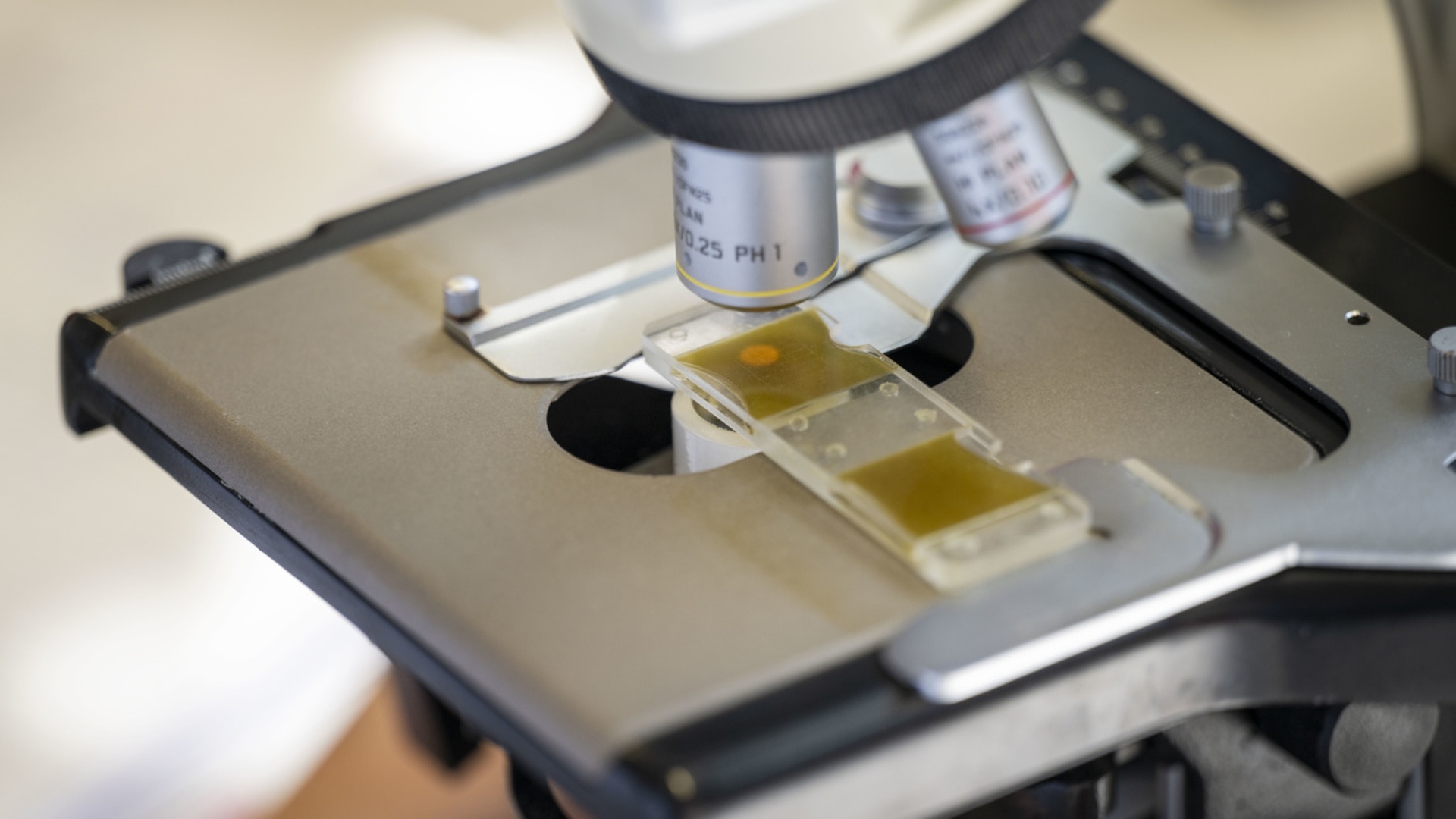
Send us a link
Switzerland has lost an important tool for shaping the European science agenda, complains a high-level research group.

The European Parliament is facing a reputation crisis after Eva Kaili, one of the its 14 vice presidents, was arrested over corruption charges last Friday. Kaili was one of four people arrested following 16 police searches in Brussels, during which €600,000 cash was seized. Following the arrest, Parliament president Roberta Metsola warned that "European democracy is under attack."
The EU is working on defining a new agenda for science diplomacy in the face of increasing geopolitical instability on the continent.
In recent weeks, the European Commission outlined its health strategy and the steps needed to be in a better position to tackle future health emergencies.
The ERA was launched in January 2000, in the year that the EU set itself the ambitious goal to become by 2010, "the most competitive and dynamic knowledge-based economy in the world", as part of its Lisbon strategy. One of the key planks of the strategy was to raise overall R&D investment within the European Union to 3% of GDP.
The EU and US have set out a joint roadmap to find common ways to define and evaluate artificial intelligence (AI), though critics say they are still not going far enough to make sure AI protects democracy and human rights.
Along with New Zealand, Canada will soon be the first country to join Horizon Europe under new rules that allow "like minded" democracies with strong science systems to associate, regardless of where they are in the world.
EU policymakers have reached a deal on the budget for next year, and with the focus squarely on tackling the fallout from the war in Ukraine and the energy crisis, research and innovation do not feature at the top of the policy priorities.
Political tensions mean both nations have been shut out of the EU's prestigious Horizon programme.
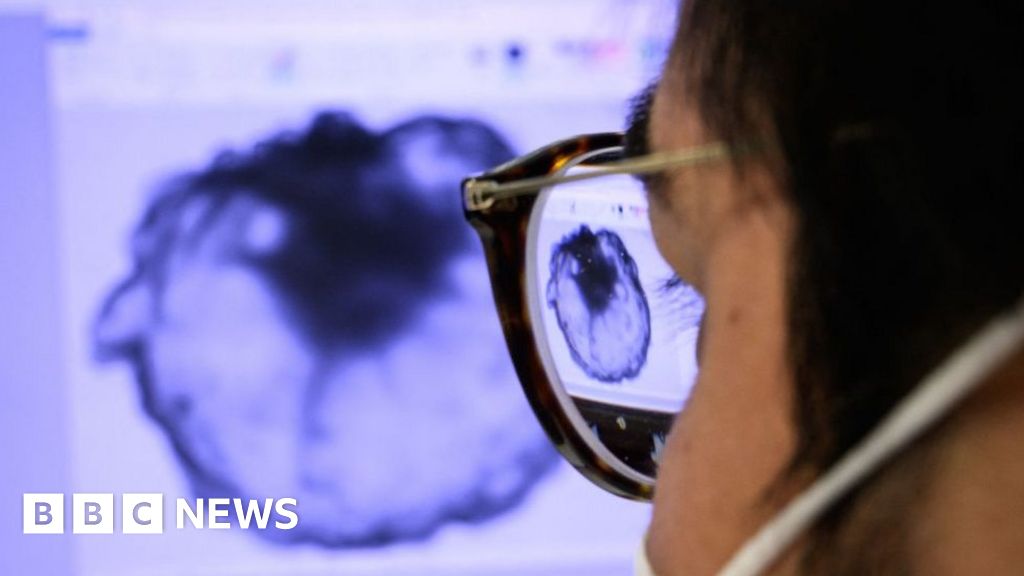
The QuantERA programme is designed to accelerate the development of quantum technologies (QT) in Europe, amid global competition. A member of the QuantERA Strategic Advisory Board - a scientific body with a broad range of perspectives in the QT field - has just been awarded the Nobel Prize in Physics. Prof. Alain Aspect, along with Prof. John. F. Cluster and Prof. Anton Zelilinger received the prize "for experiments with entangled photons, establishing the violation of Bell inequalities and pioneering quantum information science".
The European Innovation Council's (EIC) future will involve more horizon scanning, intelligence and strategy, according to a programme manager responsible for scoping the potential for technological and innovation breakthroughs and for directing EIC health-related projects, to ensure there is a coherent plan that will support development of a competitive sector.
After setting sail nearly ten years ago, Europe's billion-euro flagship programmes have encountered many a stormy sea. But while one programme dedicated to graphene remains very much afloat, another - focused on the human brain - is foundering.
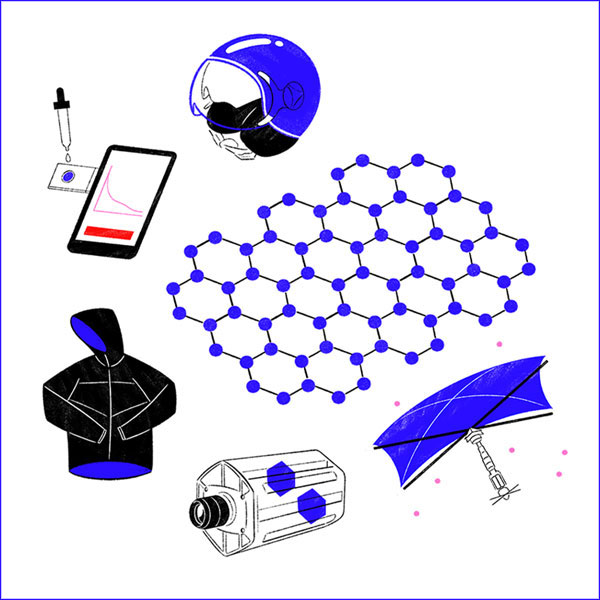
Scientific knowledge can help policymakers understand, identify and assess policy options. A new EU document identifies the rationale behind building capacity of science-for-policy ecosystems, as well as the challenges encountered at the science-policy interface.
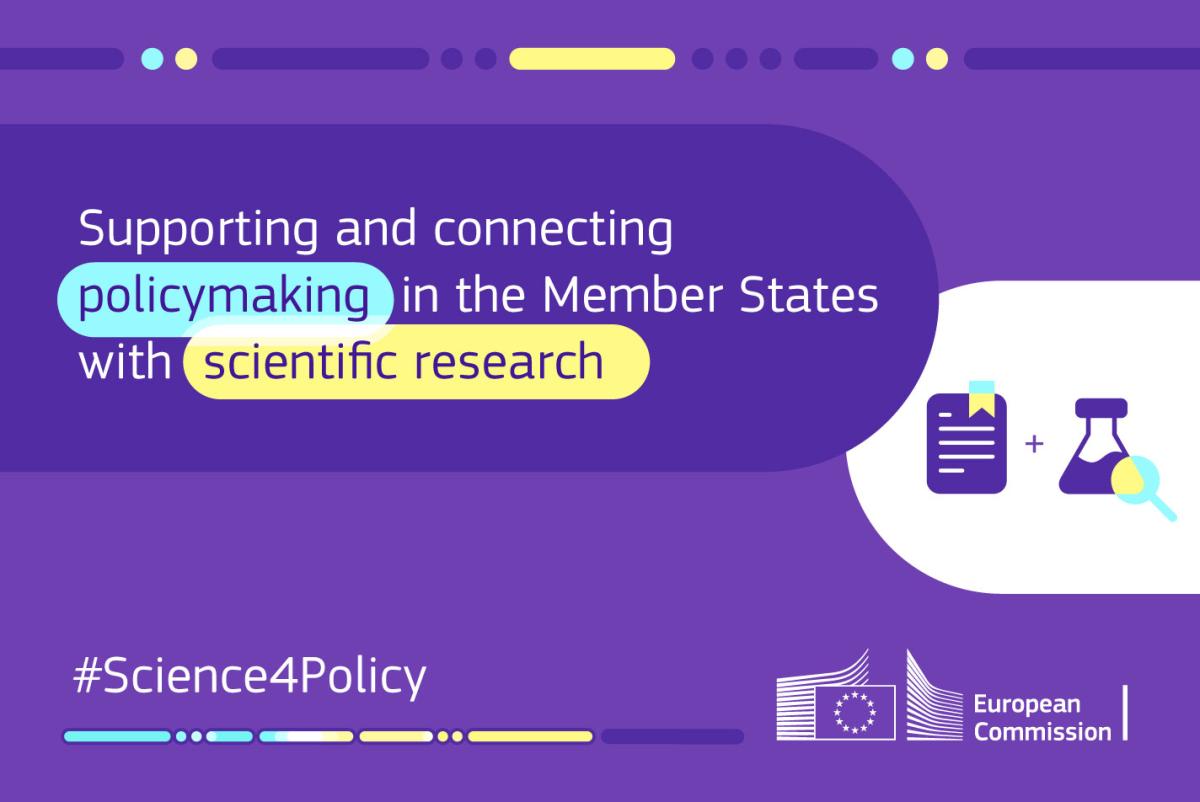
US and EU officials agreed to expand R&D collaboration on cancer, climate change, green aviation and other fields, signaling a further warming of transatlantic science relations.
The European Research Area (ERA) Forum is about to enter its implementation phase, after mapping out priorities across twenty R&I policy actions proposed by the European Commission.
It's that time of the year, and the Brussels research community is urging policymakers to ensure there is enough money for the EU's Horizon Europe research programme in 2023.
Thailand and the EU last week signed off a new scheme allowing researchers from Thailand to join European Research Council-funded projects. ERC already has a number of such arrangements with countries including Australia, Brazil, China, India and the US, but this is the first time it has cooperated with Thailand's National Higher Education, Science, Research and Innovation Policy Council.
As everyone shifts back into gear after the summer break, we have put together a list of research and innovation topics coming up over the next weeks and months, to help you sift through the deluge of announcements due in September and beyond.
After Russia's invasion, politicians promised to boost military research funding - but policy specialists aren't convinced that a rapid change lies ahead.

British foreign secretary triggers formal dispute proceedings with Brussels over British access to EU science programs.
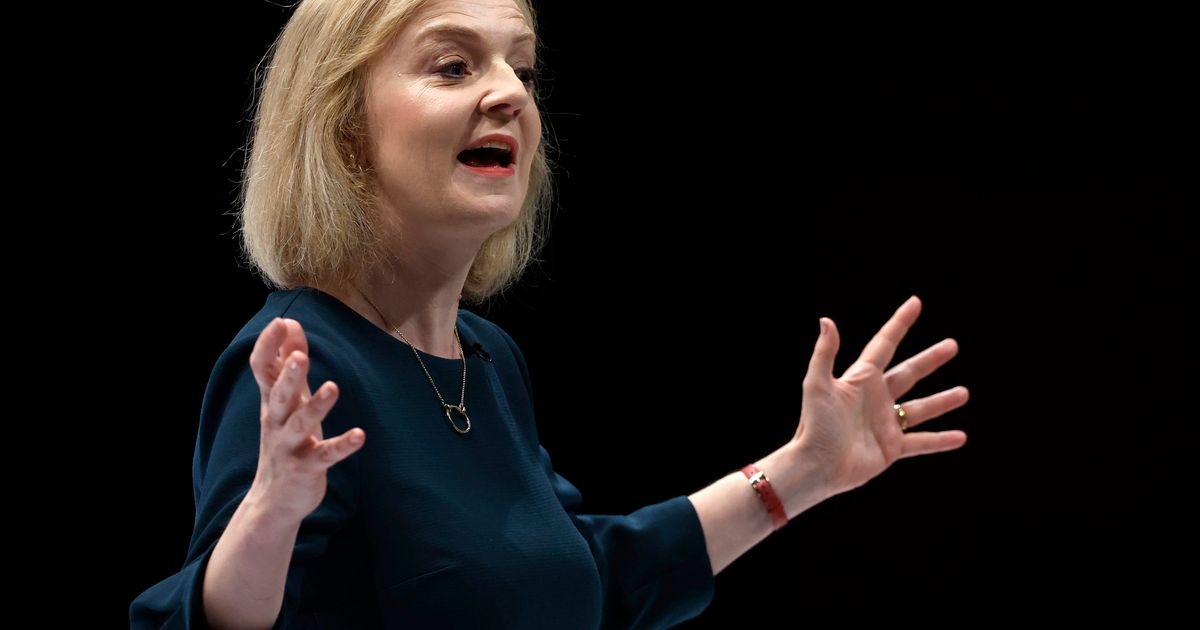
Uncertainty in British politics is a headache for UK researchers
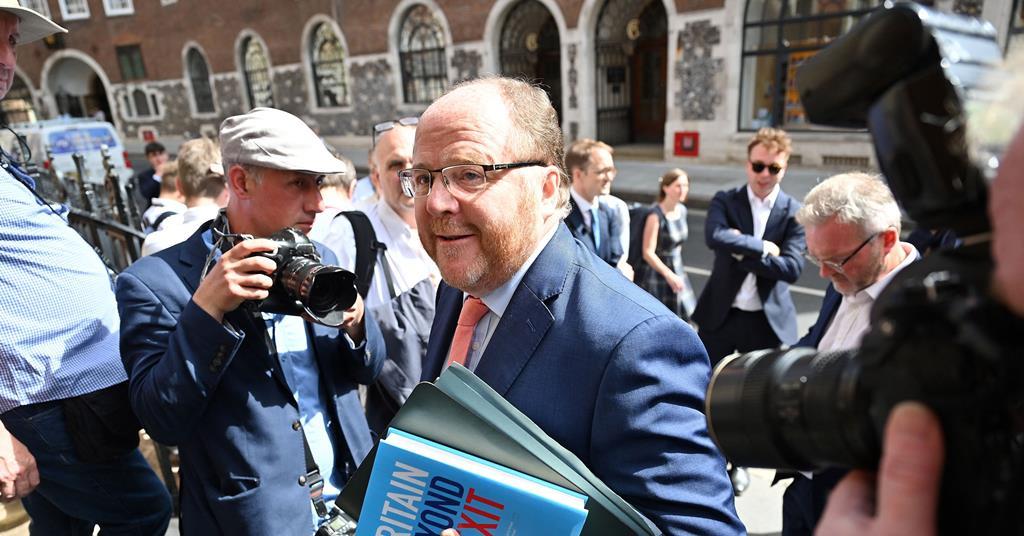
After four years at the helm of the European Commission's research directorate-general, Jean-Eric Paquet is now getting ready to become EU ambassador to Japan on 1 September. Paquet has been steering the directorate-general since three months before the Commission published its proposal for the Horizon Europe programme.
As Brexit dispute deepens, grant winners are forced to reject money or move to Europe.
Russia's invasion in Ukraine has upended long-held dogmas on international cooperation, including in science and technology. The European Commission is now using that momentum to speed up the development of innovation and promote self-sufficiency in critical areas, such as green energy, semiconductors and health, EU research and innovation commissioner told Science|Business.
EU efforts to reduce the east-west gap in research and innovation should be backed by investment and reforms in member states, the EU auditor says in a report reviewing funding schemes set up by the European Commission to help bridge the divide.
EU science ministers signed off an agreement backing research assessment reform in Europe, alongside conclusions on open science, international cooperation and Horizon Europe missions.
Some British researchers who had secured Horizon Europe funding have already been told that their grants will be cancelled.
